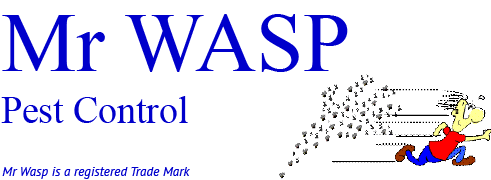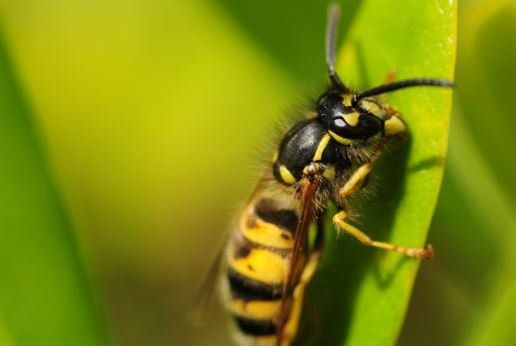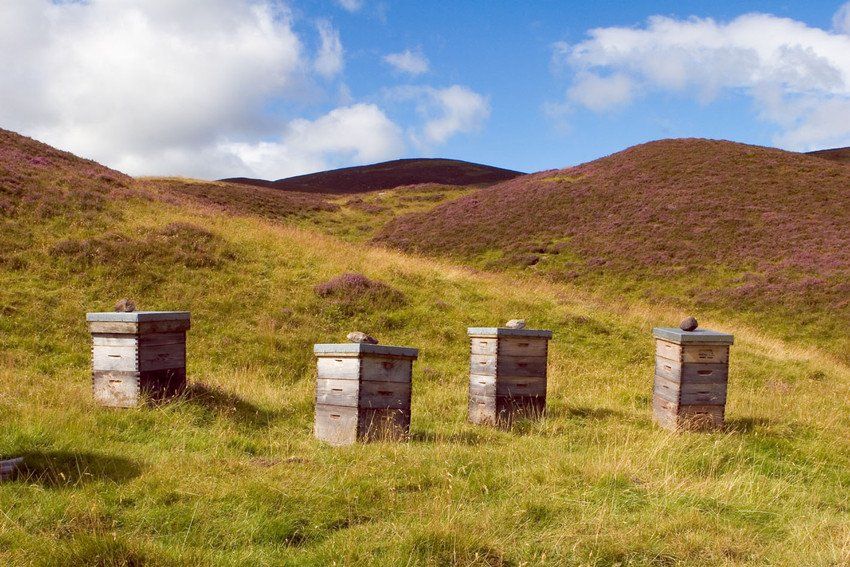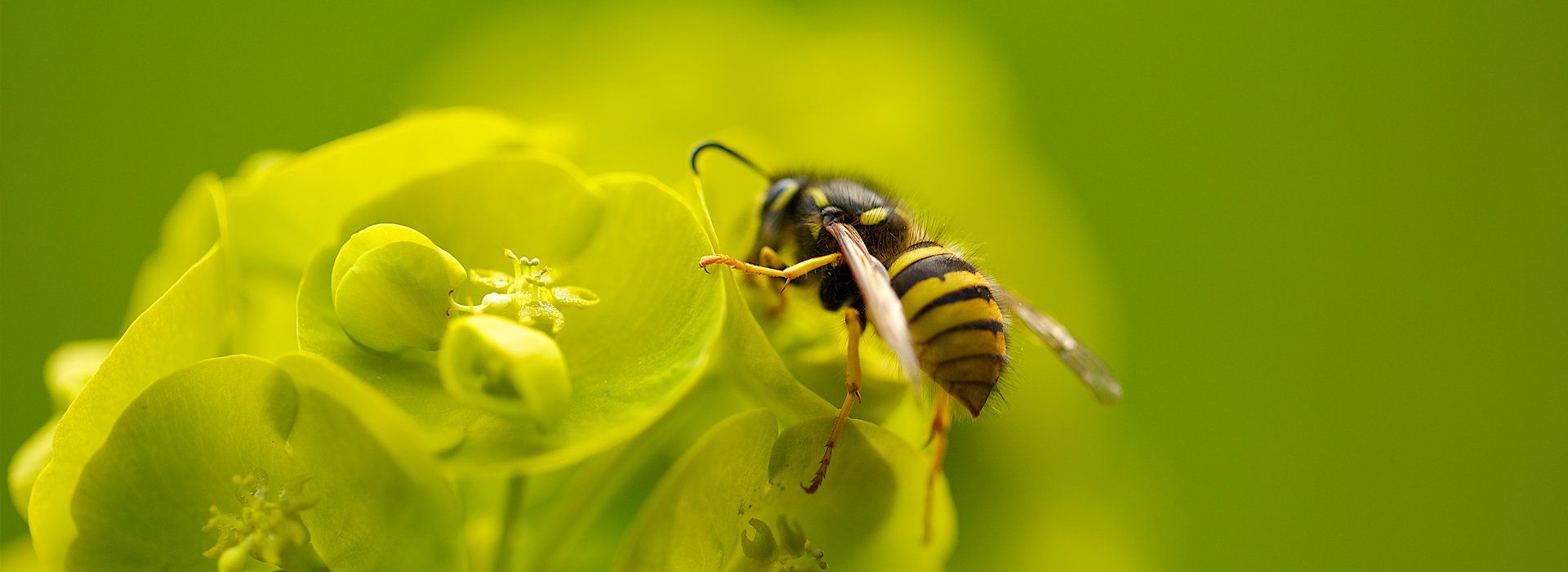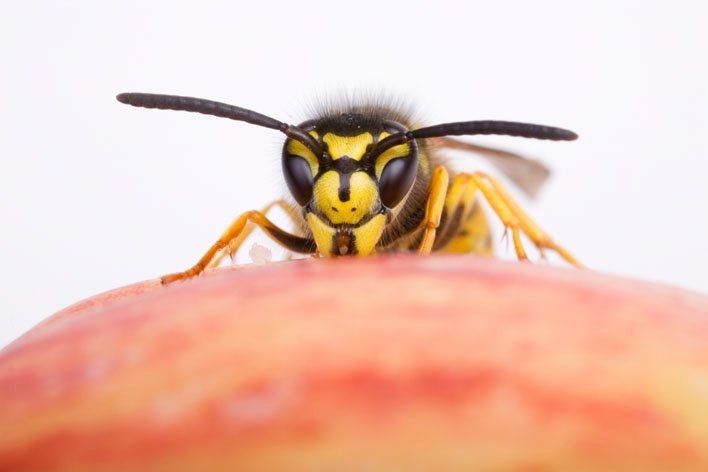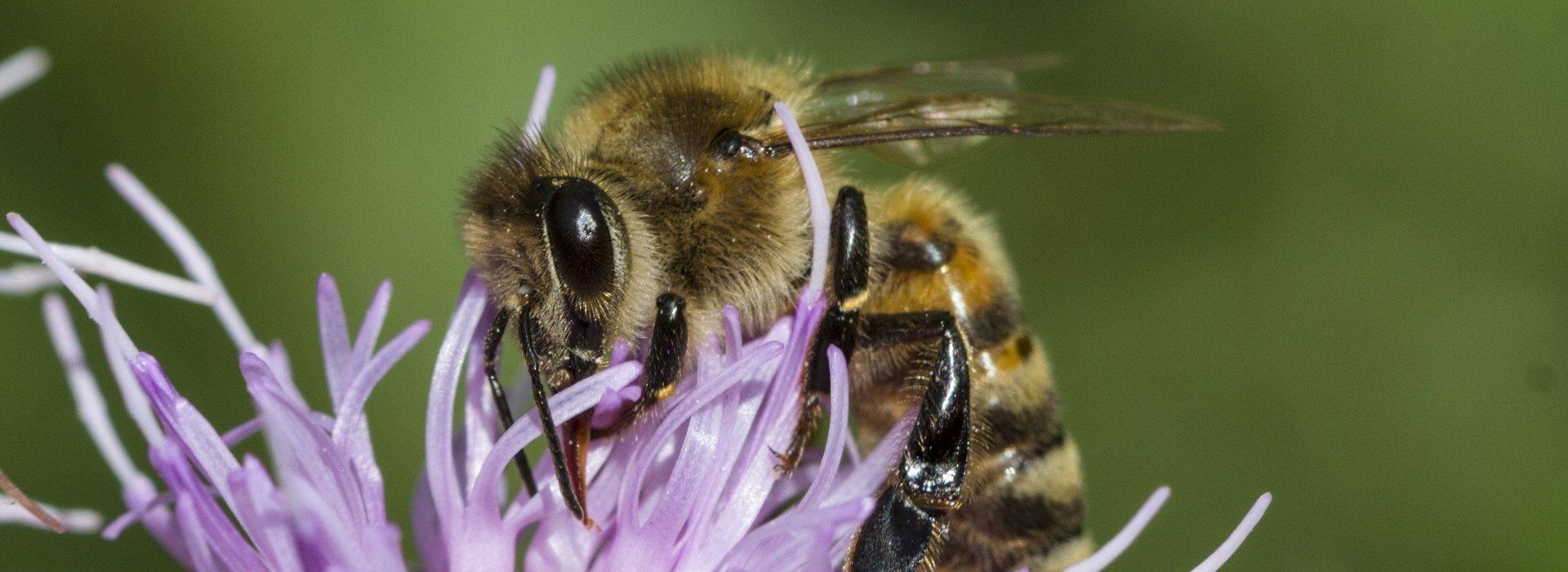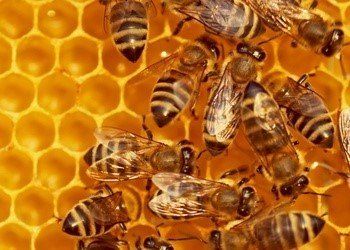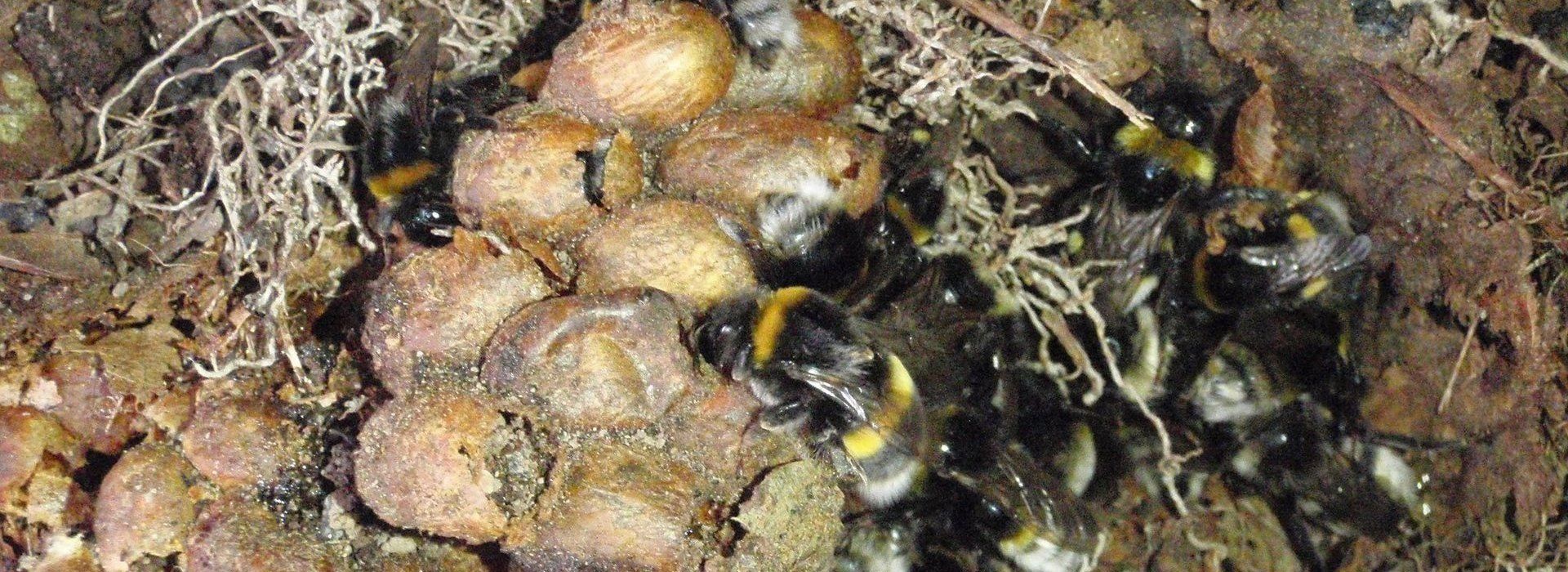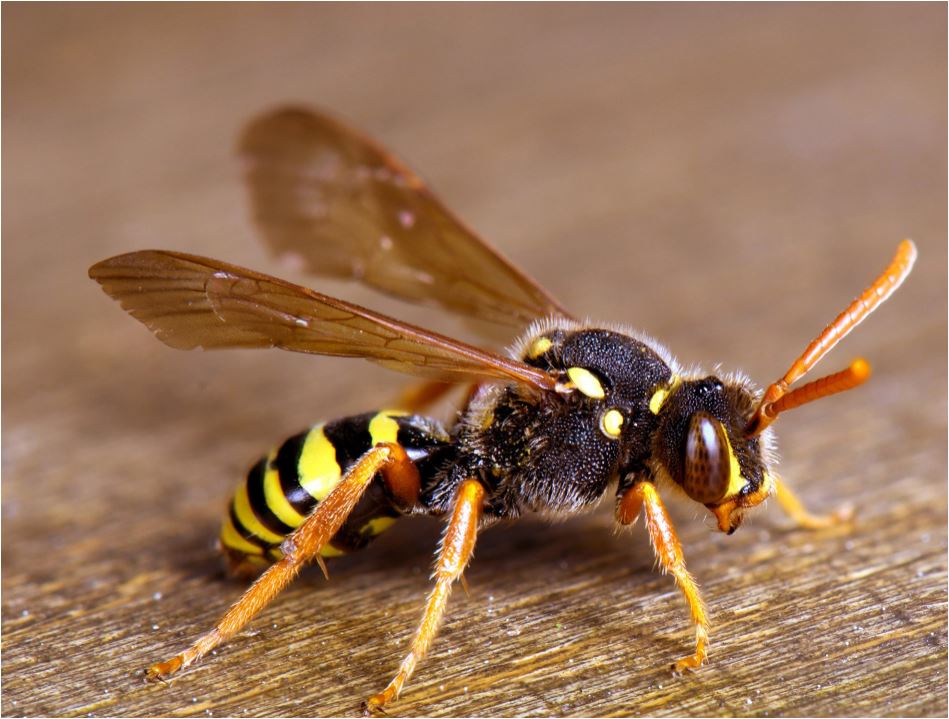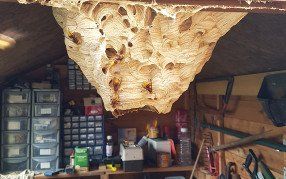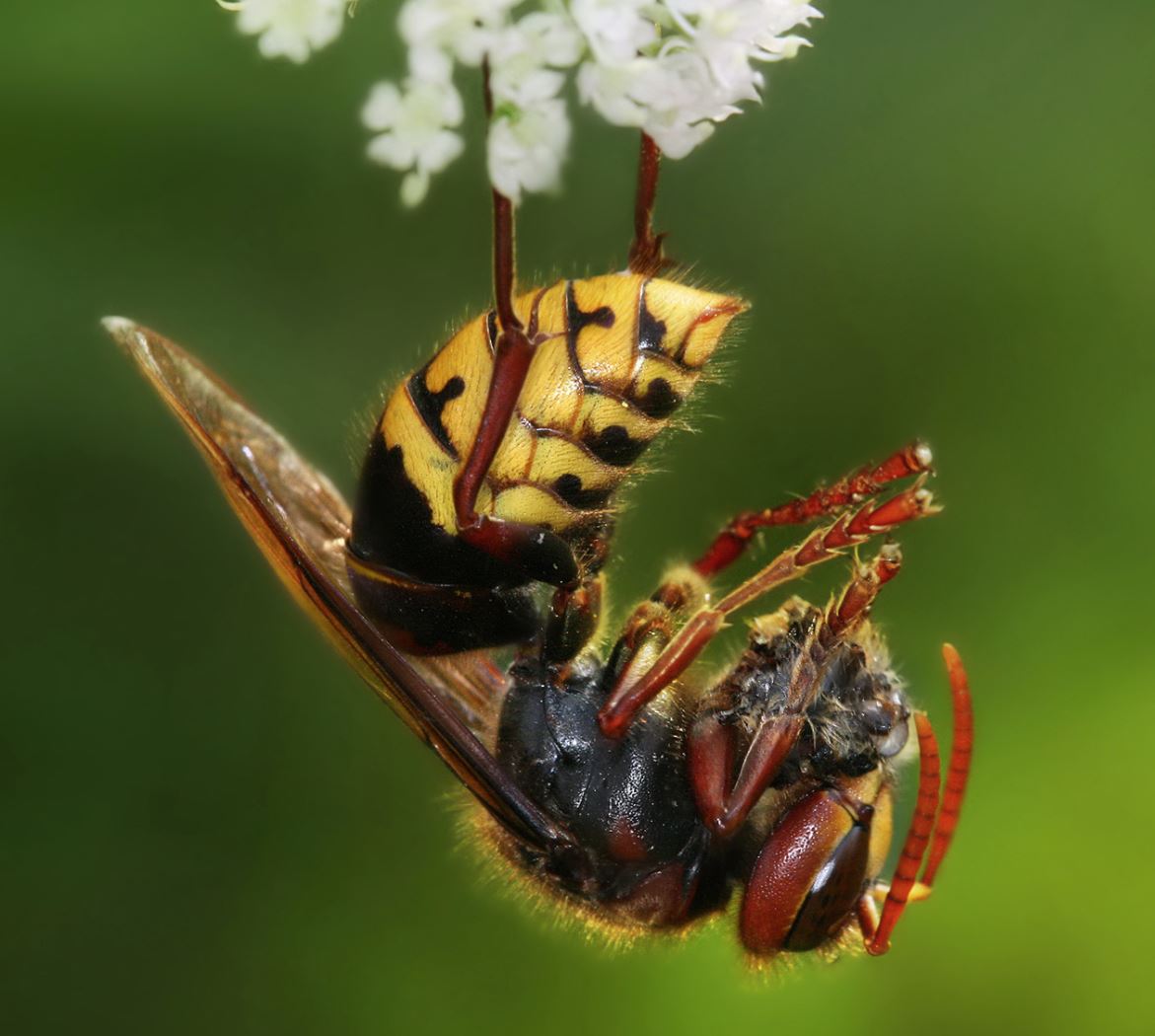Everything You Need to Know About Wasp Removal: Cost, How to Prepare Your Home, and Maintenance
No one enjoys having wasps in their home or anywhere near it, but they can be determined creatures. If you want to get rid of wasps nest and wasps, you’ll most likely need to call an exterminator. There are those brave souls who risk attacking the wasps on their own, but that can turn out badly if you don’t know what you’re doing.
After all, wasps pack a very unpleasant sting and can be aggressive. If you don’t wish to be stung, you’ll need to get a professional in.
When You Should Call Wasp Control
Many people will try to get rid of nests on their own. This is only a good idea if you have no allergies and you are looking at a very small nest that is no larger than your fist. If the wasp nest is very active or larger than your fist, you should consider calling an exterminator. They will be able to eliminate it efficiently and without any danger to you.
You should also call in wasp control if you have any kind of allergies to stings. Wasps can sting repeatedly and they emit a chemical when they feel threatened that will bring other wasps to attack, as well.
At first, the stings are painful, but when there are multiples, they can cause illness and death. There’s no need to risk your life when there are professionals who can handle it for you, safely and securely.
Another reason to call a professional is when you can’t find the nest. If you see a lot of wasps around, but don’t see a nest anywhere, you can follow some of the wasps and see where they are ending up. It’s possible they have a hidden nest under your eaves or in the walls. They may also have built a nest in a loft, under a tree, or in the rafters of an outbuilding.
Professional exterminators should be able to find your nest fairly easily, even if you can’t. They know exactly where to check and what to look for.
You should also consider calling pest control if you aren’t sure if the wasps are really wasps. It’s very important to protect bees so they can continue to pollinate the world. With bees dying off at an alarming rate, it’s best to call someone who can effectively manage pests and determine if they are bees or wasps. They may be able to relocate any bees that have swarmed in your area.
Finding the Best Exterminator
There are a few ways to find a good exterminator. First, you can rely on word of mouth and find out if anyone else has had experience with a pest controller who did a wonderful job. Ask friends and family who they would recommend for the position.
Another option is to look online to find the nearest pest controllers. Call the ones that you are most likely to hire and get a quote from them. You should expect to pay anywhere between £45-150, depending on how many nests you have to deal with. Extra charges may be incurred for extra nests and for returning to remove the nests once the wasps are dead.
Look at the reviews for each exterminator, as well. Ideally, they have excellent reviews and have plenty of experience, as well. Of course, the price will also figure into your decision, but remember to ask about the chemicals they use, as well.
Often, if you want less dangerous chemicals used, you’ll need to pay extra. Not all exterminators offer this option, so be sure to ask if you need it.
Wasp Nest Treatment: What to Expect
Once you’ve identified a wasp nest, the exterminator will come to your home to inspect it. Usually, the service will check other areas on your property to make sure they find any potentially dangerous nests. Nests that are far from where you are and not near a house are often left alone, as they pose no threat.
You may want to inspect yourself, so you know where to direct the exterminator. However, there’s not much you can do to prepare your home apart from identifying where the nest is. If it’s indoors, you’ll want to cover anything that could end up with the pesticide on it, such as plates and sinks.
You’ll be informed if any other nests have been found and then they will all be treated. This usually involves spraying a chemical pesticide in the entrance of the hive. As the wasps head inside, they’ll cross the pesticide and carry it in.
Within the first 60 minutes or so, you’ll notice increased activity from the wasps. This is just their natural reaction to an intrusion and potential danger. In order to protect their queen, most wasps will enter the nest, carrying the pesticide with them.
After the first hour, you’ll see diminished activity from the wasps. This will continue to reduce until you have no activity at all in about 24 hours. Occasionally, a lone wasp will fly in from an expedition, but the rest of the nest will be dead. The wandering wasps are usually ones that were out flying around when the nest was killed off.
At this point, you can leave the nest or have it removed. Most companies will charge extra for removal, as it requires coming back to take the nest or nests down. You don’t really need them to remove the nest unless it’s unsightly.
In the winter, once all the wasps have vanished or died, you can take down the nest yourself. Be sure to use protective gear so you don’t get the pesticide on you. The nest should be properly disposed of, according to your local laws.
There’s always the possibility of wasps coming back, so pay particular attention in the spring, which is when the wasps tend to start building nests. You want to catch them early!
Keeping Wasps Away
Once you’ve had an exterminator eliminate your pest problem, you’ll need to make sure they don’t come back. This means keeping anywhere that might seem attractive to the flying insects off limits. They like to stay in dry, dark spaces, so make sure you check these types of areas around your home and even in your home sometimes.
You can make areas they might want to nest unattractive by placing low wattage lights in dim areas where they have tried to nest before. You can also spray wasp repellent on any wood where wasps might be interested in starting a nest.
It’s also a good idea to look for nests on a regular basis. If you see one starting, it’s best to discourage the wasps from building there as soon as possible. You can do this by using pest spray or removing the nest yourself, or calling an exterminator.
Removing wasp nest in winter is the best way to go, since the wasps will be long gone by the time the colder weather hits. Usually there is a queen in the nest hibernating, so it’s best to dispose of the nest completely to prevent her from starting a new colony in the spring.
Avoid having trees, particularly fruit trees, too close to your home. You should also avoid having rubbish bins open near your home. Remember, wasps love anything that is sweet and will often crash a party or picnic in order to get something for their sweet-tooth.
Avoid leaving anything out and about that might entice them to come closer to your home. Once they know where to go for something sweet, they’ll be back.
If you have wooden garden furniture or posts in the garden, inspect these frequently. You’ll notice strips being taken out of them if the wasps are using the wood for a nest. At that point, treating the wood with a repellent is a good plan, but you should also look for the developing nest.
Wasps can be a tremendous pest. They sting and frighten people, so they can be particularly unpleasant if you have them around a business. When possible, you’ll want to keep them away from other people by eliminating the nest and killing off the wasps that were inside the colony.
Are you looking for a good exterminator who can take care of your wasp problem? Contact Mr. Wasp today to schedule your wasp nest removal.
